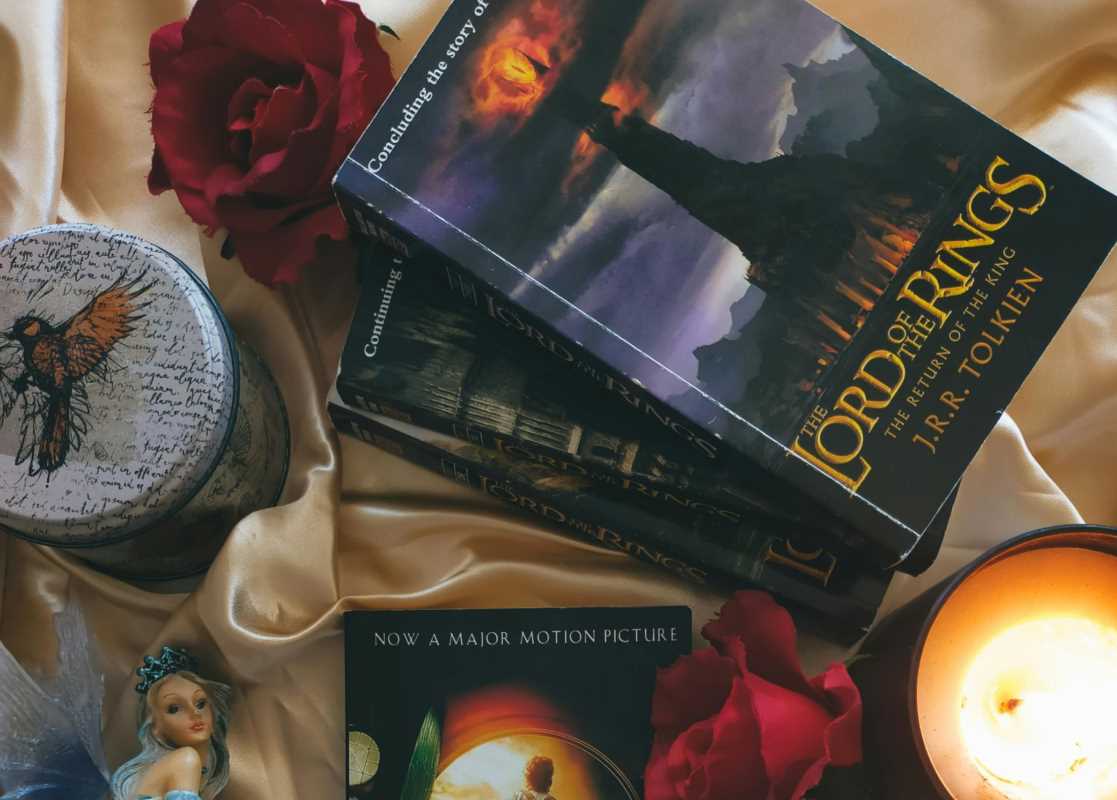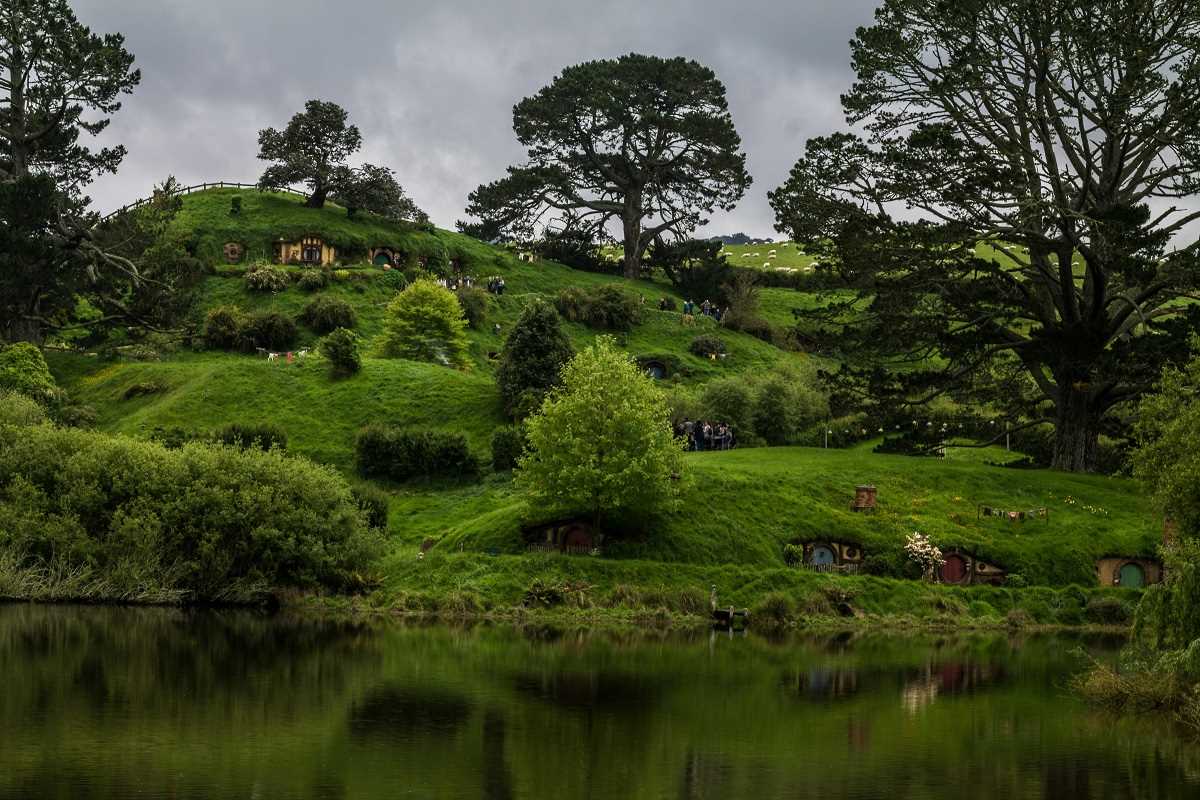History isn’t just a timeline of events marked by dates and battles; it’s the intricate web of human choices, triumphs, and catastrophes that continue to ripple through time. It’s in the bold decisions made under pressure, the forgotten voices echoing in the shadows, and the incredible moments of connection that changed everything. If you’re the kind of person who loves uncovering the hidden threads and untangling the stories that shape our world, this list is your ticket. These nonfiction books don’t just dwell on what happened; they pull you into the heart of history, offering fresh perspectives, untold truths, and gripping narratives that bring the past alive.
1. “The Silk Roads” by Peter Frankopan
Peter Frankopan’s “The Silk Roads” reframes history by centering Asia, rather than the traditional Euro-centric perspective. This sweeping account illuminates the role of the Silk Road as the true connection hub of trade, culture, and power in world history. From the rise and fall of empires to the dissemination of religions and ideas, this book redefines how you see history.
- Themes: Global history, trade, and cultural exchange.
- Why It Stands Out: Its eastward focus offers a refreshing departure from traditional Western narratives.
2. “1776” by David McCullough
David McCullough is a master of bringing to life the human drama behind historical events, and “1776” is a perfect example. This book zeroes in on the pivotal year of the American Revolution, highlighting both George Washington’s leadership and the struggles of ordinary soldiers.
- Themes: Revolutionary America, leadership, and resilience.
- Why It Stands Out: McCullough’s vivid storytelling makes history feel immediate and personal.
3. “Sapiens” by Yuval Noah Harari
Part history, part anthropology, Harari’s “Sapiens” is a mind-expanding exploration of humanity’s shared past. From the dawn of Homo sapiens to modern-day societies, it answers big questions about culture, technology, and belief systems. It’s perfect for readers who want both a history book and a philosophical deep-dive.
- Themes: Human evolution, culture, and progress.
- Why It Stands Out: Harari connects all of history into one continuous narrative that will leave you questioning what it means to be human.
4. “Caste” by Isabel Wilkerson
Blending history with sociology, Wilkerson’s “Caste” exposes how systems of oppression have shaped societies across time and continents. She parallels the American racial caste system with others in India and Nazi Germany, offering a framework that’s as compelling as it is thought-provoking.
- Themes: Social structures, inequality, and power.
- Why It Stands Out: Wilkerson’s ability to connect past and present reveals how deeply ingrained systemic issues are in society.
5. “Band of Brothers” by Stephen E. Ambrose
For fans of military history, this World War II classic is a must-read. Ambrose follows an elite group of soldiers in “E” Company—from paratrooper training to significant battles in Europe. Their camaraderie, sacrifices, and bravery bring the war to life like nothing else.
- Themes: World War II, brotherhood, and heroism.
- Why It Stands Out: Ambrose’s interviews with surviving members of Easy Company make the narrative both poignant and deeply human.
6. “Guns, Germs, and Steel” by Jared Diamond
Diamond’s ambitious book takes on one of history’s biggest questions: Why did some civilizations rise to dominate others? By exploring factors like geography, agriculture, and disease, he offers a new way to think about historical inequality.
- Themes: Civilization, conquest, and inequality.
- Why It Stands Out: Its multidisciplinary approach makes it ideal for readers who love big-picture history.
7. “The Warmth of Other Suns” by Isabel Wilkerson
Another masterpiece from Wilkerson, “The Warmth of Other Suns” chronicles the Great Migration, where six million African-Americans relocated from the segregated South to northern cities between 1915 and 1970. Through personal narratives, she reveals the courage and persistence of those who sought a better life.
- Themes: Migration, racial history, and resilience.
- Why It Stands Out: Its gripping personal accounts give voice to a pivotal era in American history.
8. “Team of Rivals” by Doris Kearns Goodwin
Goodwin’s deep-dive into Abraham Lincoln’s leadership style, particularly his decision to bring political rivals into his cabinet, is both fascinating and inspiring. The book highlights Lincoln’s ability to unify a fractured nation during one of its darkest times.
- Themes: Leadership, politics, and the Civil War.
- Why It Stands Out: Its focus on Lincoln’s emotional intelligence makes it more than your typical political biography.
9. “SPQR” by Mary Beard
Few historians can make ancient Rome as engaging as Mary Beard. “SPQR” takes a fresh look at Rome’s rise, from its founding myths to the struggles of ordinary citizens. By focusing on the people as much as the emperors, Beard creates a nuanced portrait of this ancient superpower.
- Themes: Ancient Rome, politics, and societal structure.
- Why It Stands Out: Beard’s conversational tone makes complex history surprisingly accessible.
10. “The Devil in the White City” by Erik Larson
Blending true crime with history, Larson’s wildly popular book explores two narratives that intersect in 1893 Chicago. One follows the ambitious architects behind the World’s Fair; the other, a chilling serial killer who used the fair to lure his victims.
- Themes: Innovation, urban history, and true crime.
- Why It Stands Out: It’s rare for a book to seamlessly combine the thrill of a crime story with a historical deep-dive.
11. “The Immortal Life of Henrietta Lacks” by Rebecca Skloot
Skloot tells the story of Henrietta Lacks, an African-American woman whose cells were taken without her knowledge in the 1950s. Those cells became a foundation for major medical advancements—but at an extraordinary ethical cost for Lacks and her family.
- Themes: Ethics, science, and personal history.
- Why It Stands Out: It intertwines science and humanity, putting a human face to groundbreaking medical history.
12. “A People’s History of the United States” by Howard Zinn
Zinn’s groundbreaking book flips traditional history on its head by telling the stories of the marginalized. From Indigenous peoples and enslaved Africans to laborers and women’s movements, it’s a history of America from the ground up.
- Themes: Social justice, activism, and untold stories.
- Why It Stands Out: It challenges readers to consider whose voices are missing from mainstream historical narratives.
13. “The Wright Brothers” by David McCullough
How did two brothers from Ohio invent the airplane? McCullough chronicles this incredible story of ingenuity, resilience, and family dynamics. The Wright brothers’ achievement changed the world, and McCullough’s storytelling captures their humanity beautifully.
- Themes: Innovation, perseverance, and aviation history.
- Why It Stands Out: McCullough’s ability to tell a story of perseverance makes it deeply inspiring.
14. “The Crusades Through Arab Eyes” by Amin Maalouf
This eye-opening book reexamines the Crusades from the perspective of the Arab world. Using historical records from Arab historians, Maalouf shines a light on a story often told only through European eyes.
- Themes: Cultural perspective, conflict, and Middle Eastern history.
- Why It Stands Out: It’s a rare and valuable counterpoint to a heavily Eurocentric historical narrative.
15. “King Leopold’s Ghost” by Adam Hochschild
This haunting history book exposes the devastating colonization of the Congo under Belgium’s King Leopold II. Hochschild reveals the horrific exploitation of African labor and resources, shedding light on a dark chapter rarely discussed in detail.
- Themes: Colonialism, exploitation, and activism.
- Why It Stands Out: Its unflinching look at colonial atrocities leaves a lasting impact on readers.
History isn’t always just about learning about past events; it’s about understanding the how and why. These nonfiction titles dig deep, offering fresh perspectives, profound insights, and unforgettable stories. Whether you’re drawn to revolution, social justice, personal narratives, or the big events that shaped civilizations, there’s a book on this list that will captivate and educate you.
 (Image via
(Image via





